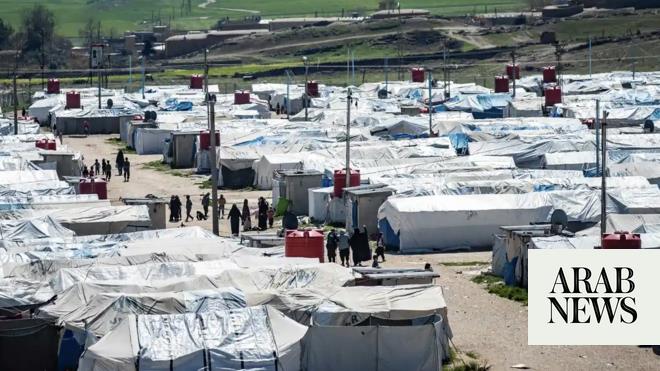
The Australian defence force still has 145 personnel helping the Queensland government administer its border, despite the commonwealth intervening in the high court to argue the border ban is unconstitutional.
A defence department spokesperson confirmed to Guardian Australia the army is “assisting the Queensland police service with border controls” after a request from the Queensland government on 8 April, the day before the border ban came into force.
Those personnel are not due to leave until 8 July – despite the attorney general, Christian Porter, intervening on Friday on behalf of the commonwealth in three high court cases challenging the Western Australian and Queensland border ban.
Those cases are brought by Clive Palmer, his company Mineralogy and a group of Queensland tourism operators backed by Pauline Hanson’s One Nation.
Tasmania, Queensland, South Australia and Western Australia barred non-residents from entering their states in April in response to increasing numbers of Covid-19 infections.
Since then, the bans have become more controversial as the Morrison government publicly argues for states to reopen to boost the Australian economy.
Queensland’s ban is due to lift on 10 July, with South Australia to follow on 20 July but no date has been set by the Western Australian government.
On Tuesday, Porter told reporters in Canberra the commonwealth would argue the border closures were “no longer lawful or constitutional”.
Porter cited “portions of the constitution that guarantee freedom of what is called interstate intercourse which is the human movement across state boundaries, but also the freedom of interstate trade”.
He said there was “some strength” to the plaintiffs’ view their rights under the constitution had been infringed.
On Wednesday the Queensland governor, Paul de Jersey, visited the border near Goondiwindi and acknowledged the service of Queensland police and the Australian army.
A defence spokesperson confirmed that 2,000 ADF personnel have assisted all state and territory governments in relation to Operation Covid-19 Assist.
Some 145 ADF personnel were assisting the Queensland police with controls along the Northern Territory, South Australia and New South Wales border, as well as protecting Indigenous communities, which includes movement control points, the spokesperson said.
“This support was requested for a three-month period and is expected to end in early July.”
ADF assistance is provided under the defence assistance to the civil community framework, although the defence minister, Linda Reynolds, retains a power to direct the ADF.
“Defence will continue to work closely with the states and territories as they lift restrictions in line with the agreed three-stage roadmap,” the spokesperson said.
“The attorney general has intervened in three high court cases that challenge the closure of Western Australian and Queensland borders.
“As these matters are before the court, it is not appropriate to discuss them further.”
Prof Anne Twomey, a constitutional law expert, told Guardian Australia it “does seem unusual” that ADF personnel were still assisting to administer the border.
Twomey said the commonwealth may have taken the view that “as long as the state has decided to keep its border shut, it makes sense that it is done in an effective and efficient manner, as it is in nobody’s interests for it to be in shambles”.
“It will not be clear whether the closed borders are constitutionally invalid until such time as the high court rules on the issue, so the attorney general’s position is a contention, not a certainty,” she said.
The dean of University of New South Wales law school, professor George Williams, said the presence of ADF personnel “does seem incongruous given the position of the commonwealth” on the border ban.
“That said, perhaps it is another example of ongoing goodwill, even in the face of political and legal disagreement.”
Guardian Australia contacted Reynolds and Porter for comment.












